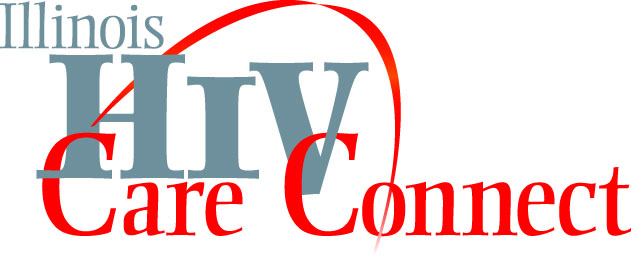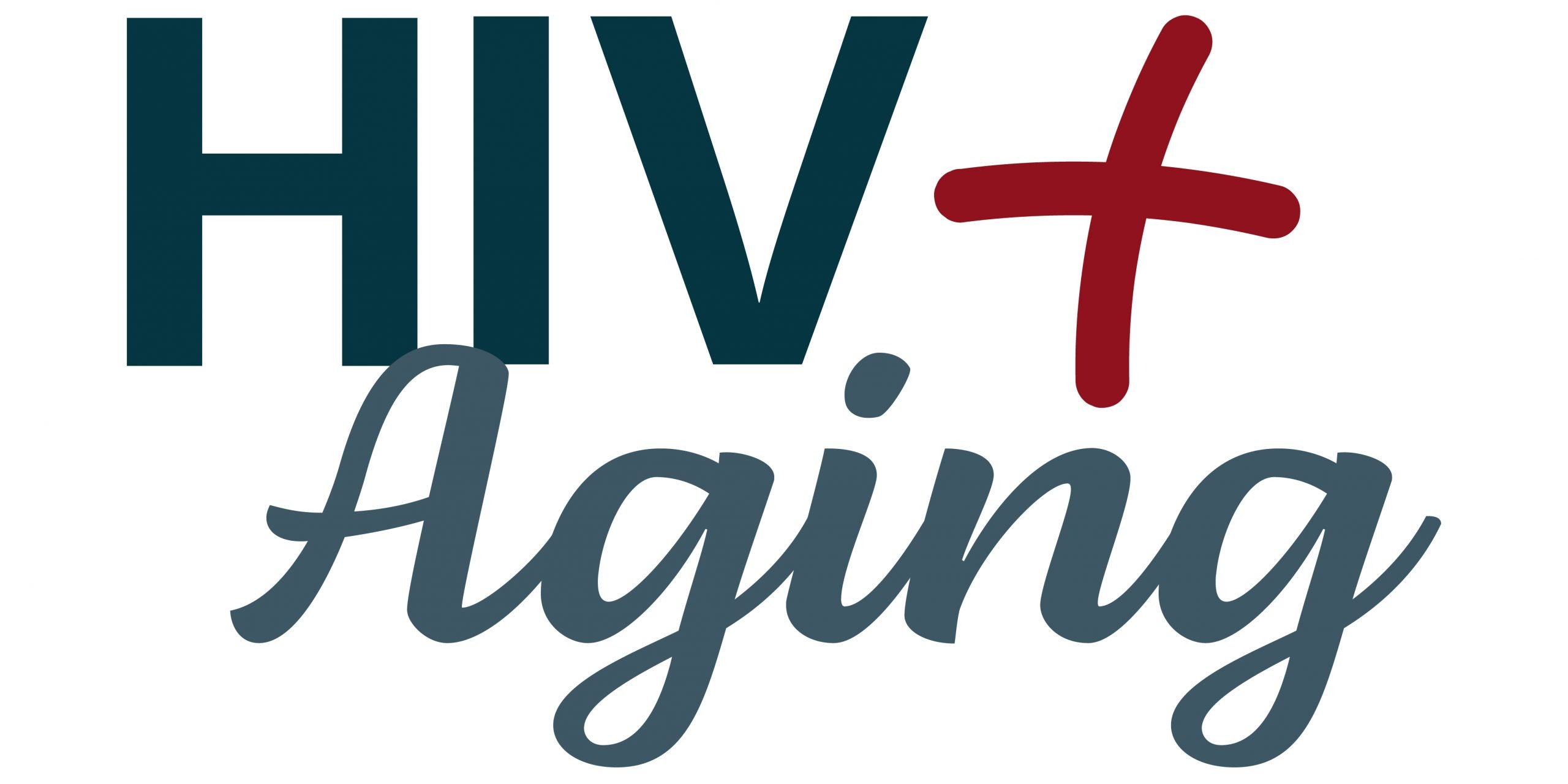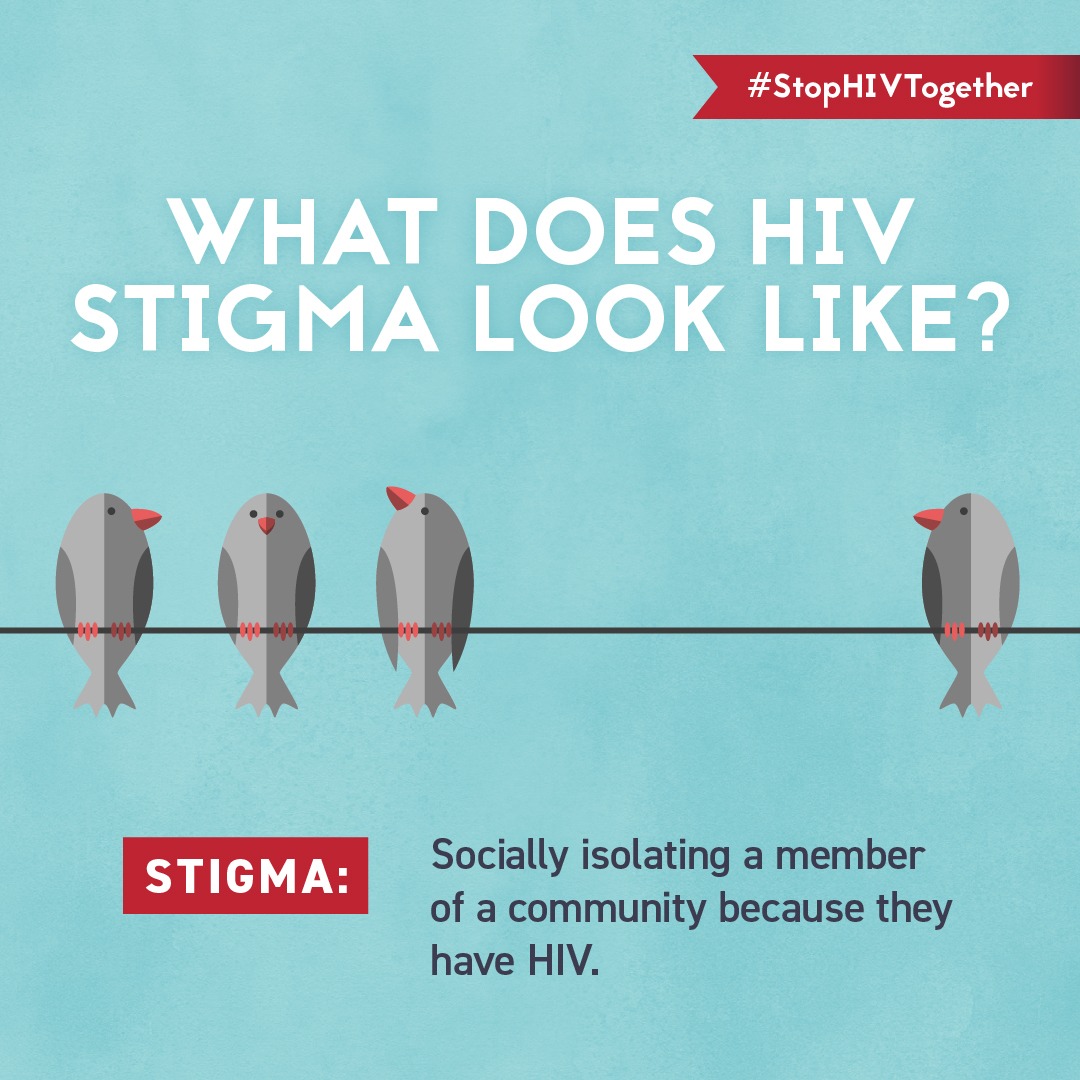Omari
Interviewed August 2020
Q: Could you define HIV stigma in your own words?
A: I feel like stigma is ignorance that people hold about something that they should be made well aware of. It’s kind of like a negative sticker that they put on something or someone when they don’t have accurate and/or detailed information that would bring understanding.
Q: Why do you think stigma exists?
A: As humanity grows large, we use categorization as a way to get understanding. If we don’t have an understanding of something, we inaccurately describe or label it. So, when people place stigmas on people, it comes from a negative connotation of who they are and/or what they have. It’s ignorance. It’s unfair judgment against those whom they don’t know or things that they don’t understand. And I feel like that’s why so many people fear or feel some kind of way toward HIV. They do not have the understanding to treat the people the way that they supposed to be treated. For example, in terms of people who are disabled, most people only see what’s in front of them or what they’ve been told. They think, “Oh, that person is in a wheelchair. How are they able to perform in sports?” I feel like people do the same thing toward those who carry the virus. They don’t understand that people who have the virus are the same people that you see every day, the same people that you love. If you can live on and treat your family members with this kind of love, understanding, and patience, why can’t you do the same for those who are being themselves and battling the fight every day?
If you can live on and treat your family members with this kind of love, understanding, and patience, why can’t you do the same for those who are being themselves and battling the fight every day?”
Q: What do you think are the root causes of stigma?
A: Fear. I feel like when people don’t understand, especially when it comes to HIV, they fear that they’re going to get it just by touching or by breathing the same air. When people get over the fear of what they don’t know, then they’re able to stop themselves and try to understand that this is another life, this is another human being, and they need everything that you need and more.
When people get over the fear of what they don’t know, then they’re able to stop themselves and try to understand that this is another life, this is another human being, and they need everything that you need and more.”
Q: Has HIV stigma had a negative impact on your life and how so?
A: I feel like my life has been very interesting from when I was first diagnosed to now. To be totally honest, I don’t feel like I’ve had negative impacts from the time that I got diagnosed to where I am now – which is being a confident African-American male, living life to the fullest, and helping people. I mean, when it comes to dating or relationships, I don’t have an issue due to my personality. I feel like people listen to what I say when I either explain it or tell them that I have it. It’s like my personality overweighs the status that I have. When I got on social media and/or dating websites, I would put my status on my profile and when people would see that, they would be like, “Oh, I’m surprised that you put that on the page. I’m scared to do that.” Or “My experience hasn’t been the best because of how people may feel.” I tell them that I don’t have that experience with most of the people I run into. Even if they don’t want to have a sexual encounter with me, they’re still willing to talk to me, still willing to be in close communication. The fear of being judged is a major component to defeat the stigma, as well as educating people. That would allow people to be confident in who they are.
The fear of being judged is a major component to defeat the stigma, as well as educating people. That would allow people to be confident in who they are.”
Q: From whom have you experienced stigma? Have you experienced stigma from healthcare professionals, employers, family members, friends or acquaintances?
A: No. I’ve told a good portion of my friends who have all been supportive. The only thing that’s stopped me from telling certain people, especially my mom, is that they would worry too much or overthink the situation. But for the most part, the medical employees that gave me my diagnosis and did my counseling wiped out the fear and insecurity that I had when I found out. They made me feel safe and made me feel like family. They made me feel supported, because they answered my questions in a way that made sure that when I left them, I was relieved. I would be at minimum okay and stable, and become confident in my life that I’m now willing to live.
The medical employees that gave me my diagnosis and did my counseling wiped out the fear and insecurity that I had when I found out. They made me feel safe and made me feel like family.”
Q: How would overcoming stigma benefit a person living with HIV?
A: I feel like for someone who is positive, the responses that they get from people can heavily impact their self-esteem. I feel like overcoming the stigma will 1) give them a boost of confidence to be themselves and 2) give them more of a reassurance that this life is going to be as good as you make it, especially if they’re first getting diagnosed. I feel like if the stigma is defeated, they won’t focus on “Oh, I’m living with a status” and instead they’ll say, “Oh, I can live my life, be healthy, be strong, achieve my goals, and live with purpose more fully now.” They’ll feel more confident in themselves, and they’ll know that the one thing they have to worry about is something that’s not going to go away, but they can conquer it and, for lack of better words, kick its ass.
I feel like overcoming the stigma will 1) give them a boost of confidence to be themselves and 2) give them more of a reassurance that this life is going to be as good as you make it, especially if they’re first getting diagnosed.”
Q: And then our last question, are there community resources or educational materials that you have found helpful? And if there are any specific ones you’d want to mention.
A: There are hotlines and organizations out there that gear to those who need the help, especially younger and older generations as well. And then also one more thing in addition that might help is a school for persons living with HIV. If they need to learn something, or if they’re in a difficult period in their lives where they don’t know how to transition accurately – whether it’s financial literacy, starting their own business, repairing their credit, or getting healthy in the way that they need to for their bodies – resources to help with those things could be made available at a place like that.








